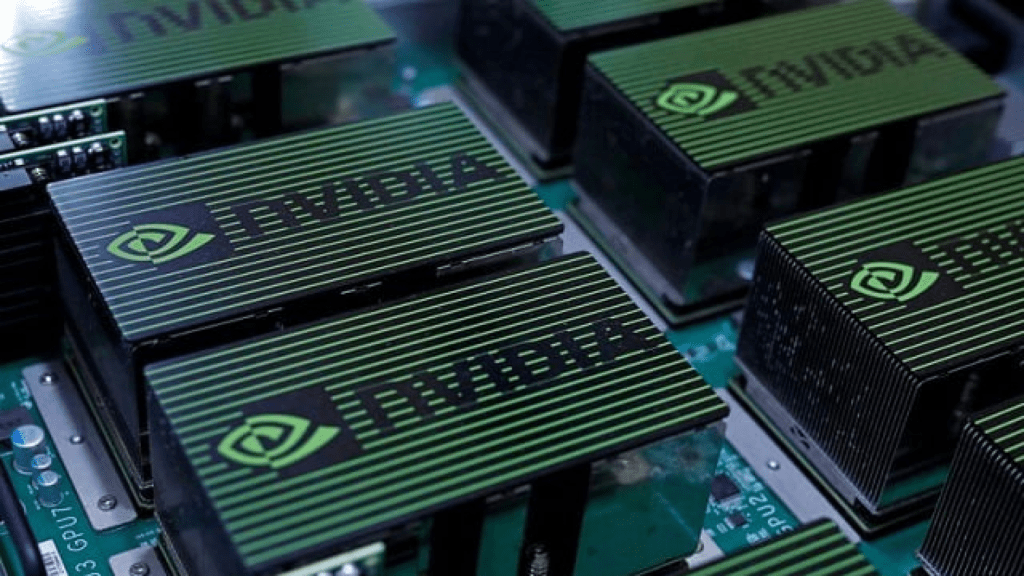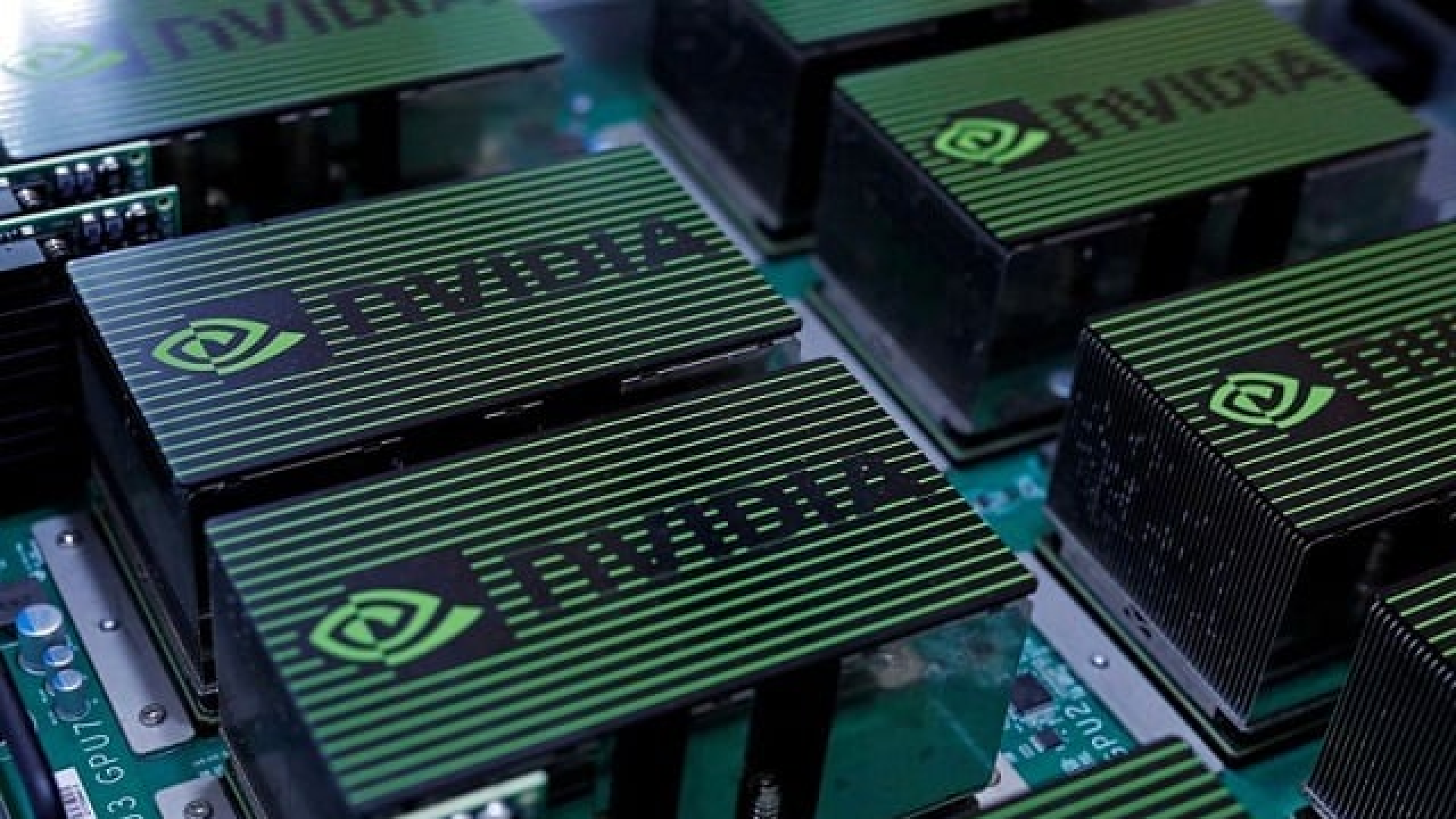
Behind the plot to break Nvidia’s grip on AI by targeting software
- entspos
Nvidia’s $2.2 trillion market cap has been attributed to its production of artificial intelligence chips, which have become integral to the new era of generative AI, with major players like startups, Microsoft, OpenAI, and Google’s parent company, Alphabet, relying on them. The company’s CUDA software platform, used by over 4 million global developers, has further cemented its dominance by making competition extremely challenging.
However, a coalition of tech giants including Qualcomm, Google, and Intel is aiming to disrupt Nvidia’s stronghold by targeting its proprietary software that binds developers to its chips. Utilizing Intel’s OneAPI technology as a starting point, the UXL Foundation, backed by various tech companies, intends to develop a suite of software and tools capable of powering different types of AI accelerator chips, fostering an open ecosystem where code can run on any hardware.
Google, a founding member of UXL, emphasizes the importance of creating an open ecosystem and promoting hardware choice. The technical steering committee of UXL is working towards finalizing technical specifications, aiming for a mature state by year-end, and plans to attract contributions from various companies while ensuring compatibility across different hardware platforms.
Despite these efforts, Nvidia remains optimistic, acknowledging the evolving landscape of accelerated computing and welcoming new ideas from across the ecosystem. Meanwhile, startups aiming to challenge Nvidia’s dominance in AI software have attracted significant investment, signaling increased interest in disrupting Nvidia’s position.
In summary, while Nvidia’s CUDA software remains a formidable force, initiatives like the UXL Foundation and the influx of venture capital into AI startups demonstrate a growing effort to diversify the AI hardware and software landscape, potentially challenging Nvidia’s dominance in the long run.














